The cardiovascular system is made up of our heart, blood vessels and blood. Its primary function is to circulate substances needed by the cells and to remove waste products that our cells produce. It also screens our blood for foreign invaders and is responsible for stopping excessive bleeding. Our blood is circulated by a pump, also known as the heart, as well as the mechanical stimulation of working muscles which pull blood into the tissues that need it. That’s why movement is important for a healthy cardiovascular system!
Blood vessels leading into and leaving our heart return deoxygenated blood through our veins and carry away oxygenated blood through our arteries. This tubular system is a closed system which also includes arterioles, venules and capillaries. Capillaries are only one cell thick and are the smallest of the blood vessels. They are the site where cells exchange nutrients, gases and waste. Blood is composed of plasma, platelets, white blood cells and red blood cells. Our blood is the fluid which transports all the various substances to and from the cells. It also regulates temperature, pH and the concentration of water. It also protects us from toxins, pathogens and blood loss.
The largest vessels leaving our heart are our arteries, whose inner surface is made up of smooth, slippery epithelial tissue called the endothelium. For the blood to flow smoothly within these vessels, their lining needs to be kept in pristine condition. If the lining is damaged from high blood pressure, stress, smoking, chronic inflammation, etc., their surface becomes rough and bumpy. White blood cells and cholesterol are deposited on the surface and the endothelium, which is continually replaced and renewed, grows over this surface causing the formation of plaque. This plaque narrows the artery and decreases its elasticity, leading to cardiovascular disease, including high blood pressure, stroke and heart attack. Antioxidant flavonoids in dark-coloured vegetables and fruits, especially berries, are potent antiinflammatories that help repair our blood vessels, maintain their integrity and prevent fatty deposits.
Veins return deoxygenated blood to the heart. Blood pressure is low in the veins, so they are equipped with one-way valves, which open to allow blood to continually move towards the heart and close to prevent backflow. Blood in the veins is also moved by the contraction of skeletal muscles. Smoking, poor diet and a sedentary lifestyle decrease the health of our veins which contribute to varicosities. Congestive heart failure happens when the weakened ventricles of the heart or too many dead heart cells make it harder for the heart to beat and therefore circulate blood. This can cause fatigue, shortness of breath and edema.
"Hawthorn is a superb heart and circulatory tonic, protecting and strengthening the heart muscle and its blood supply. It improves blood circulation around the body and can be used to treat a wide range of circulatory problems."
~Backyard Medicine, Julie Bruton-Seal and Matthew Seal
The white, five-petalled flowers of hawthorn (Crataegus spp.) are unique. Their pollen is pink, and their scent is unusual. I personally enjoy the strange odour, although I know that others find it off-putting. This is not surprising since one of the chemicals contained in the blooms is trimethylamine, the same compound that is produced when flesh begins to decompose! No wonder the main pollinators of hawthorn blossoms are carrion insects! According to Diana Beresford-Kroeger, Hawthorne flowers also contain aromatic lactones, which, when inhaled, cause our mouth to salivate. When the saliva is swallowed, lactones enter our bloodstream through the digestive system and open the left descending coronary artery, allowing our heart to function more effectively.
Hawthorn has a long history as a heart protector. In herbal medicine is it considered to be a cardiotonic, relaxing nervine, hypotensive and antioxidant herb. It can also help stabilize blood pressure, regulate cholesterol and reduce oxidative stress on our vascular system. Hawthorn's flavonoids, triterpene acids and antioxidant rutin are used as a cardiac tonic to slowly and gently strengthen the heart and improve function over time. As a mild vasodilator, hawthorn increases the supply of blood to the heart muscles. This action decreases the chances of spasms, angina and shortness of breath, especially in the elderly. Studies have shown that hawthorn has a normalizing effect on cholesterol levels and can lower high blood pressure. It relaxes our nervous system, easing conditions of irregular pulse and arrhythmias. Hawthorn can also aid recovery from a heart attack.
Caution: Hawthorn can increase the effects of heart medication and use should be avoided by those on prescription heart drugs unless under the supervision of a qualified professional.
If you would like to read the entire 5 page newsletter, that covers more herbs and also discusses the lymphatic system, you can purchase the PDF for download here.
Works Cited:
Beresford-Kroeger, Diana. Arboretum America: A Philosophy of the Forest. University of Michigan Press, 2003.
Bruton-Seal, Julie & Seal, Matthew. Backyard Medicine. Skyhorse Publishing, 2009
Sweet, Tammi. Advanced Anatomy & Physiology: An Herbalists Guide to the Human Body. Online course, 2018
Waller, Pip. Holistic Anatomy. North Atlantic Books, 2010.

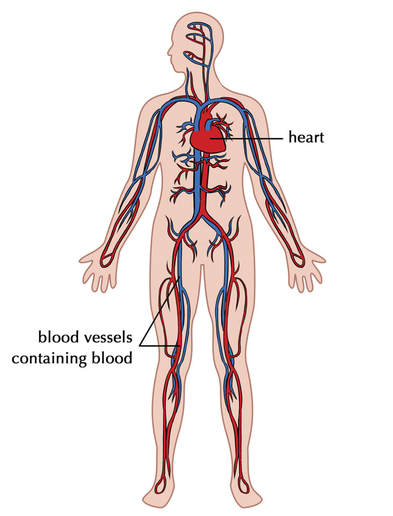
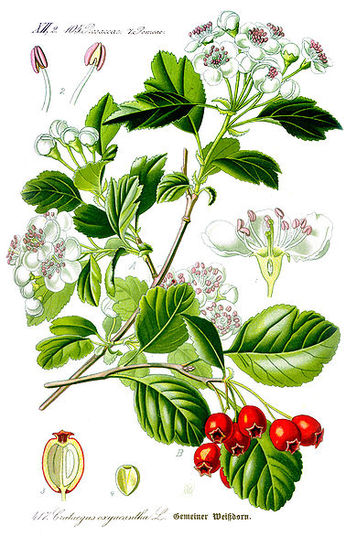





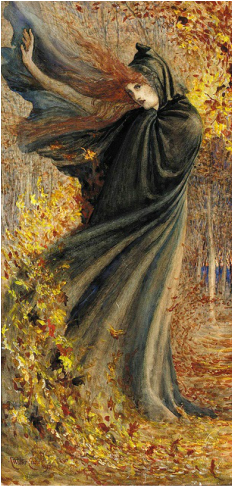
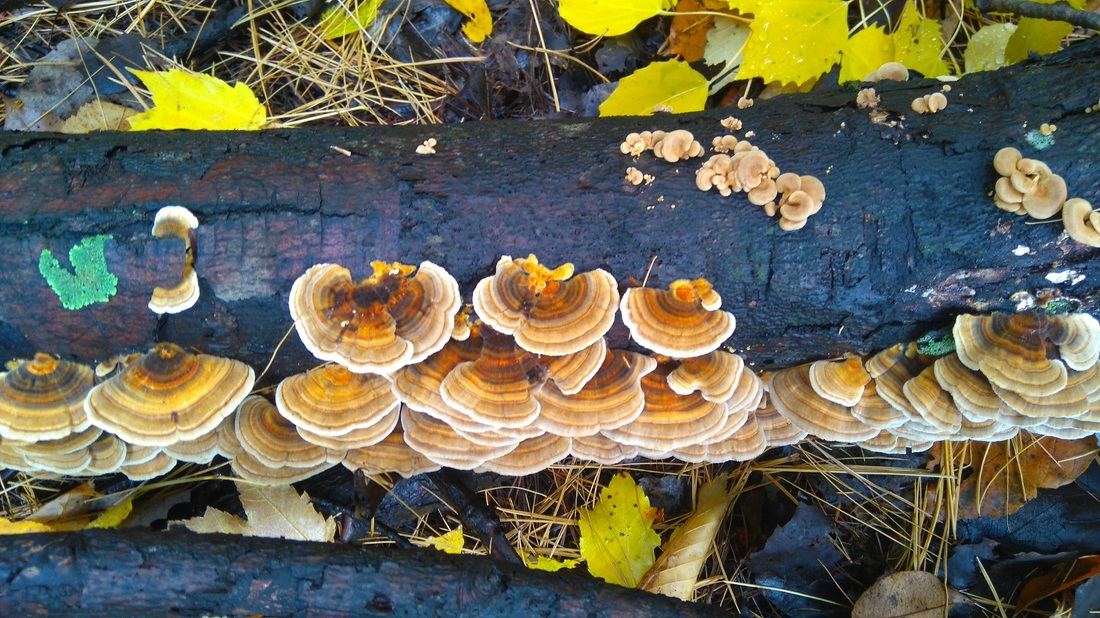


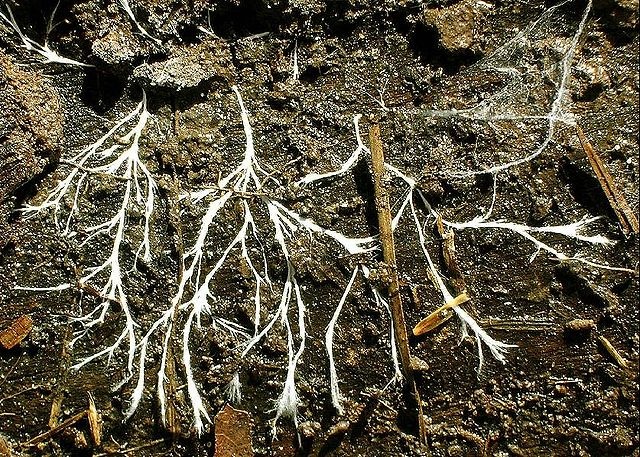
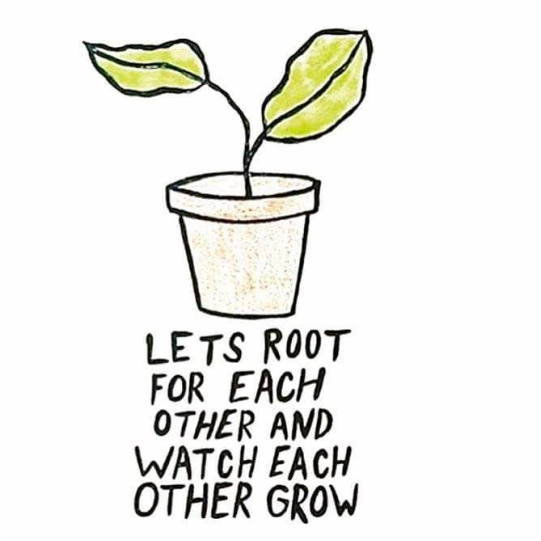
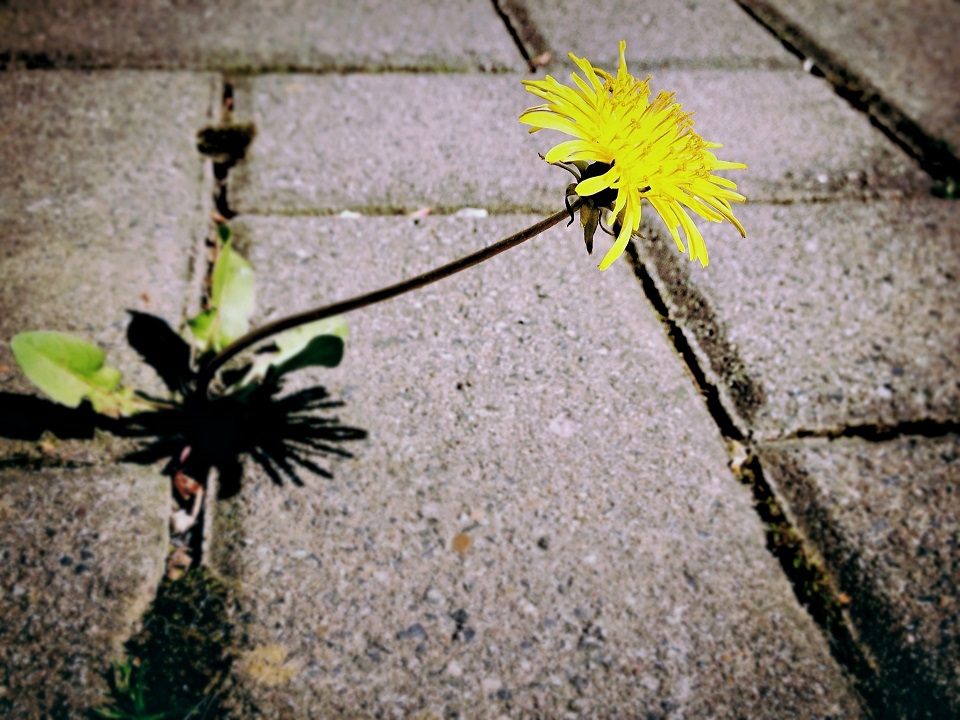

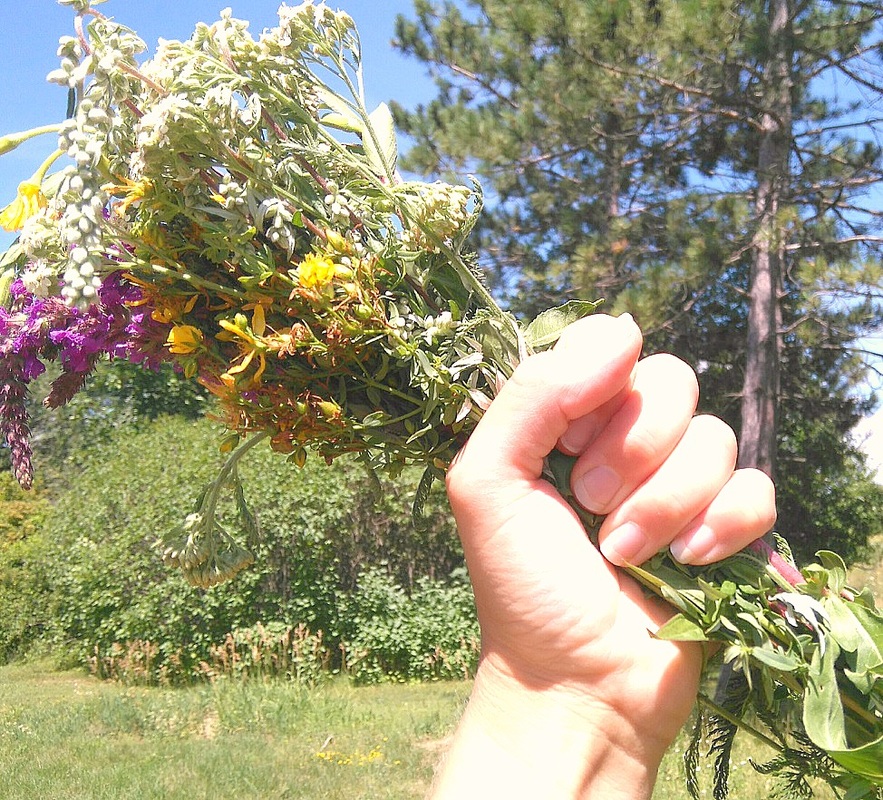
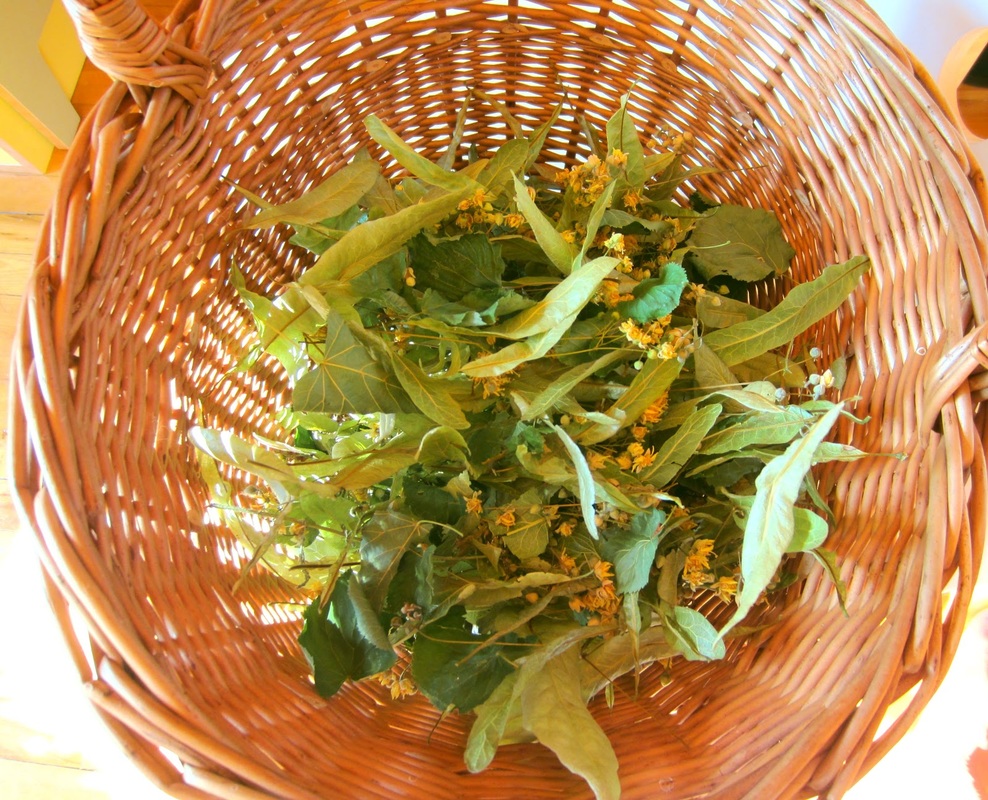
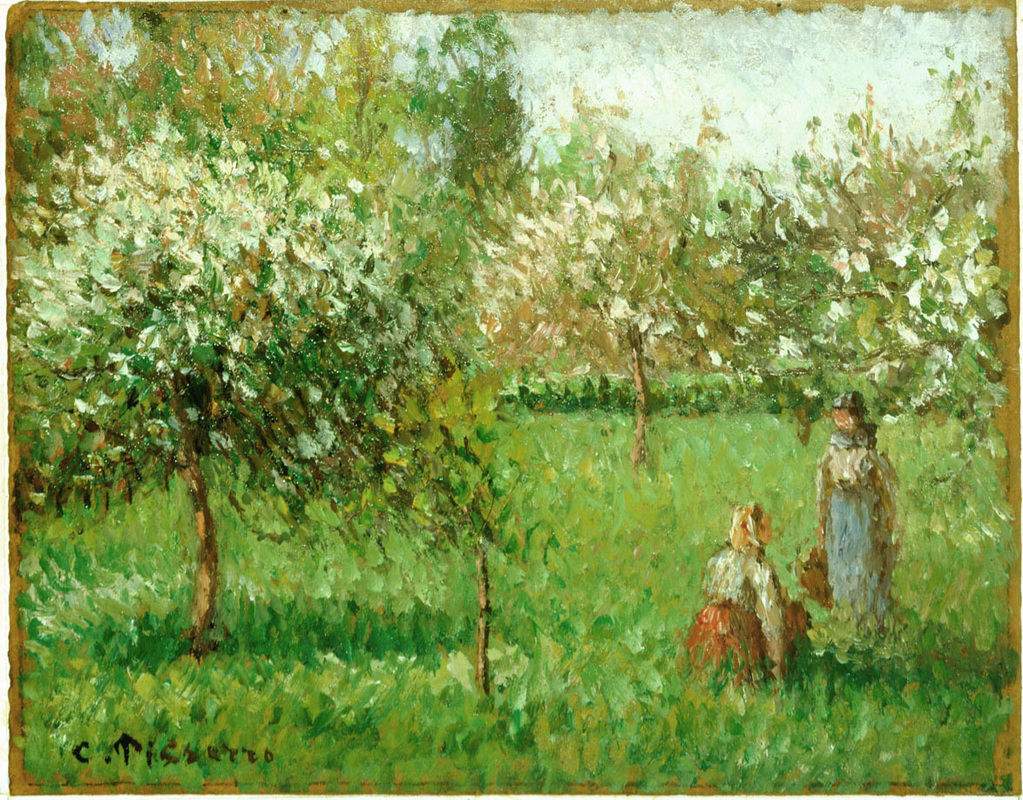
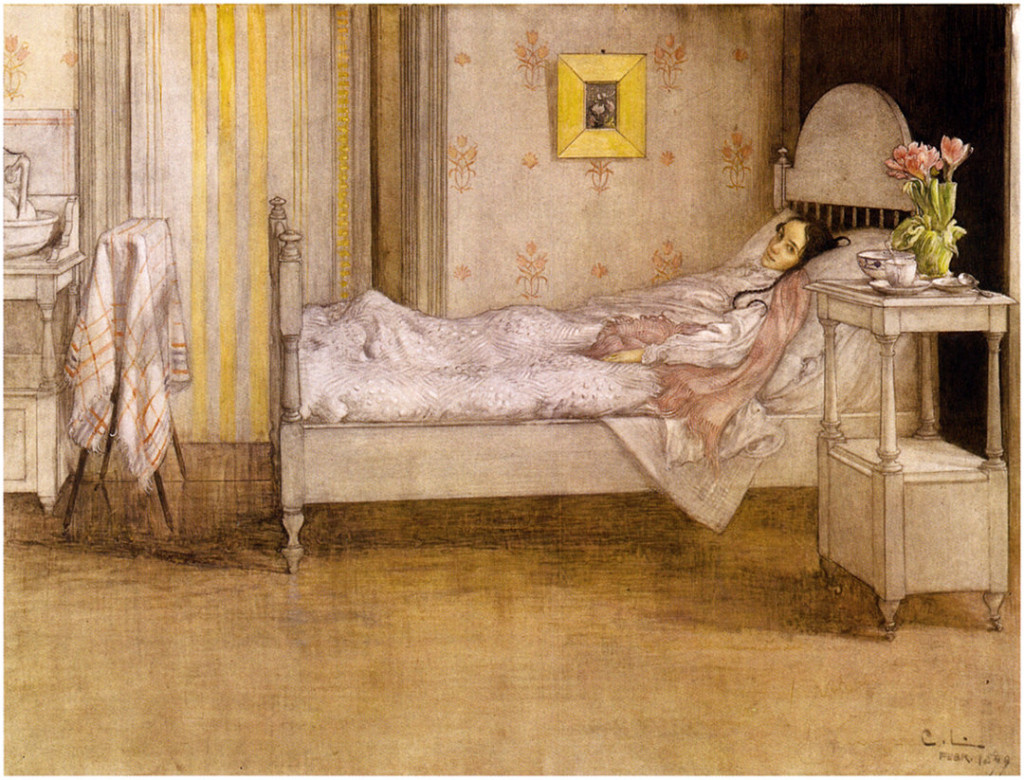
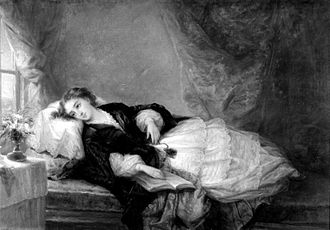
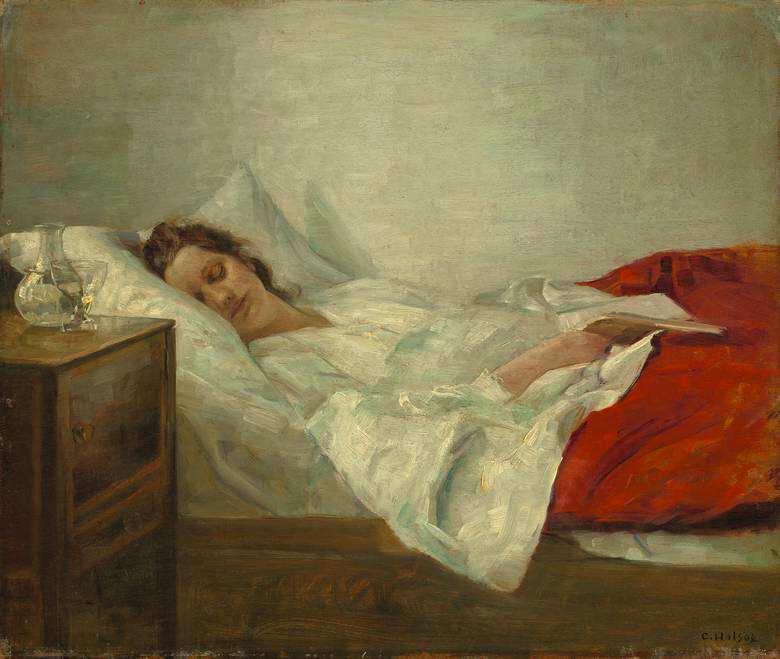
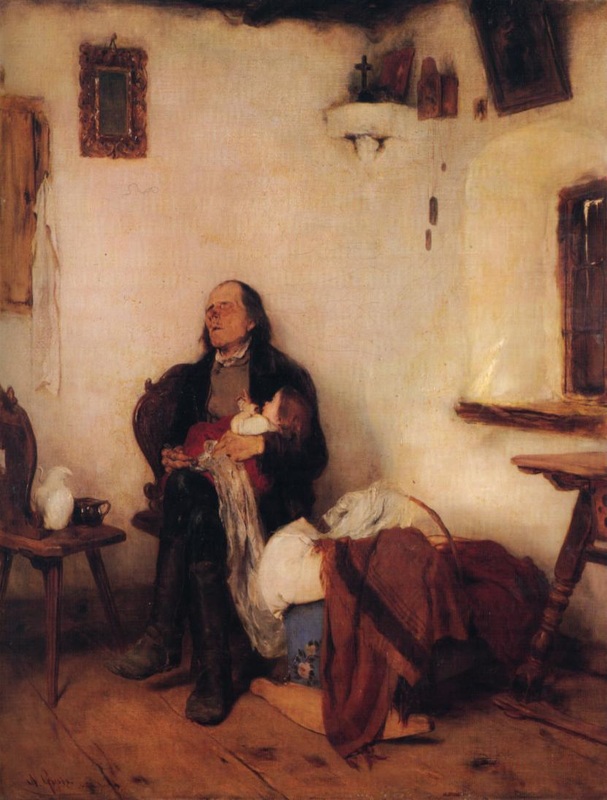
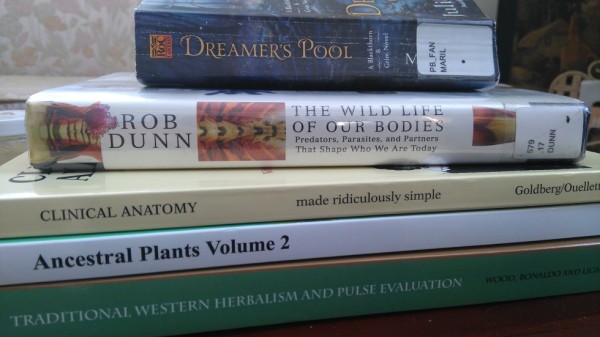

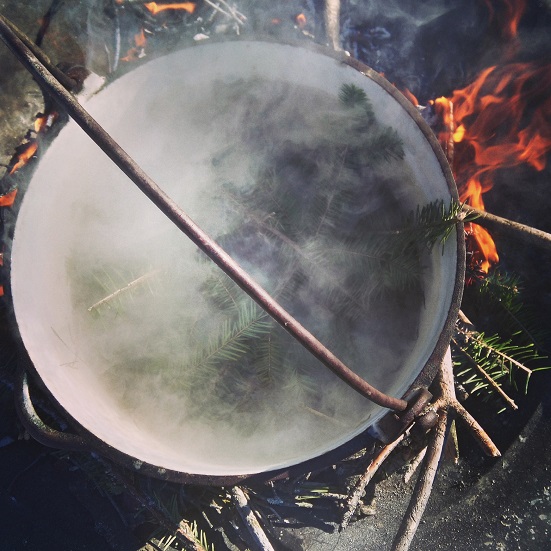



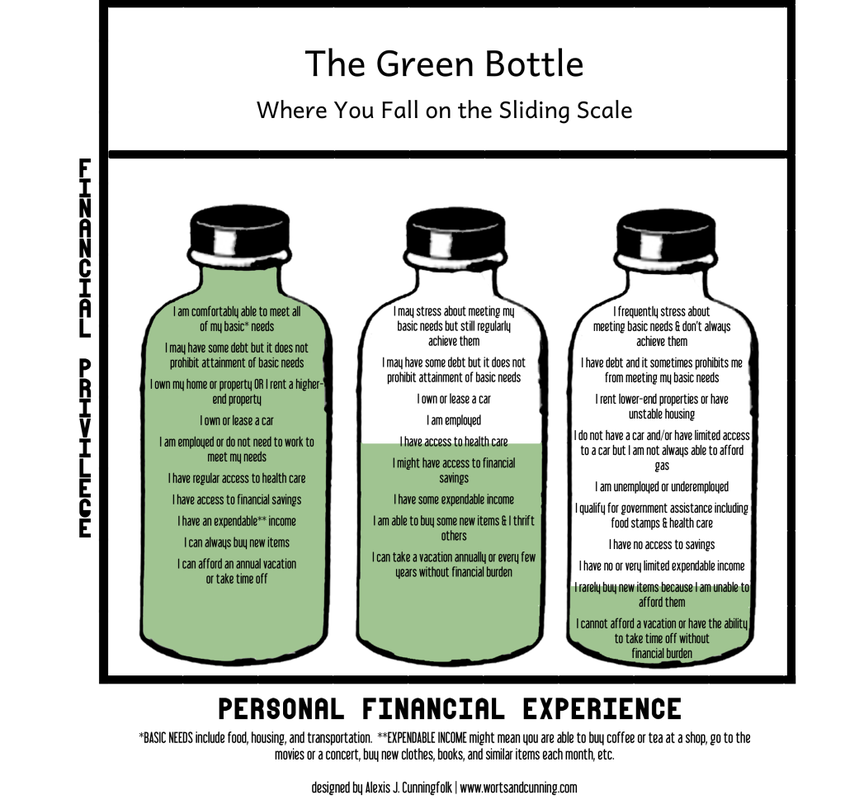

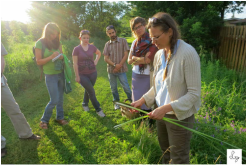
 RSS Feed
RSS Feed